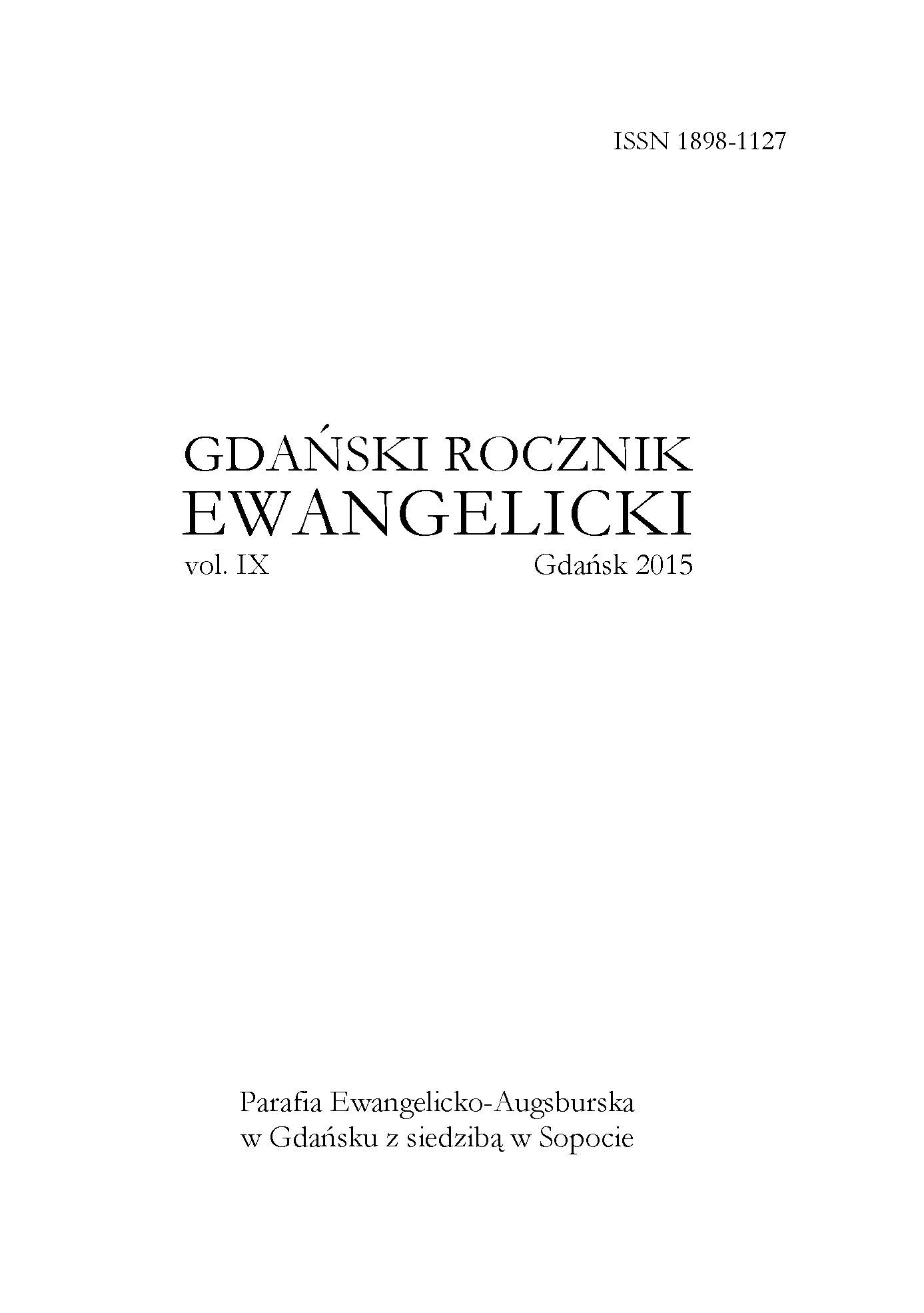Lebensnah – liebestoll. Wohin steuert die sexualethische Debatte im evangelischen Deutschland?
Full of life – fools for love. What course is the sexual ethical discourse in German Protestantism going to steer?
Author(s): Henning TheißenSubject(s): Christian Theology and Religion, Theology and Religion
Published by: Parafia Ewangelicko-Augsburska (Luterańska) w Gdańsku-Sopocie
Keywords: Sexual Behaviour; Shame; Protestant Ethics
Summary/Abstract: The sexual ethics published recently (August 2015) by a group of authors around Protestant ethicist Peter Dabrock is likely to become a turning point in the German Protestant discourse on the topic. Unlike former statements issued by the Evangelical Church in Germany this new sexual ethics is neither rooted in a family ethics nor an ethics of social institutions (like, in this case, matrimony). Instead, Dabrock and his co-authors argue on philosophical ethical grounds such as the liberty of the individual, its respect for the liberty and otherness of others, equal chances of the pursuit of (sexual) happiness and a readiness to both constancy and forgiveness. The bulk of the book deals with the different contexts of practised sexuality and groups them into three classes according to whether they are helpful for life, questionable or even destructive. In their results, the authors come up with some ethical reassessments of formerly repudiated sexual practices such as BDSM, soft pornography or prostitution, which are ethically tolerable according to the authors as long as they are practised in mutual voluntarity among adults. The present papers discusses the sexual ethical argument and outcome of Dabrock's and his co-authors' book. While many of the ethical judgements contained in the book appear highly sensible, the unspoken goal of this sexual ethical concept is criticized for being too narrow in that it focuses mainly on the couple relationship between adults, not taking the sexual ethical corollaries of eventual children born to such couples into full consideration. It is also questionable if the embedding of sexual practice into a loving couple relationship is equivalent to an ethical criterion of practising sexuality. In sum, strengths and weaknesses are quite close to each other in this sexual ethical concept. To root sexual ethics in an ethical idea of individuality is helpful for concrete ethical judgements, but is at the same time in danger of losing sight of related topics of family ethics.
Journal: Gdański Rocznik Ewangelicki
- Issue Year: 2015
- Issue No: 9
- Page Range: 185-198
- Page Count: 14
- Language: German

